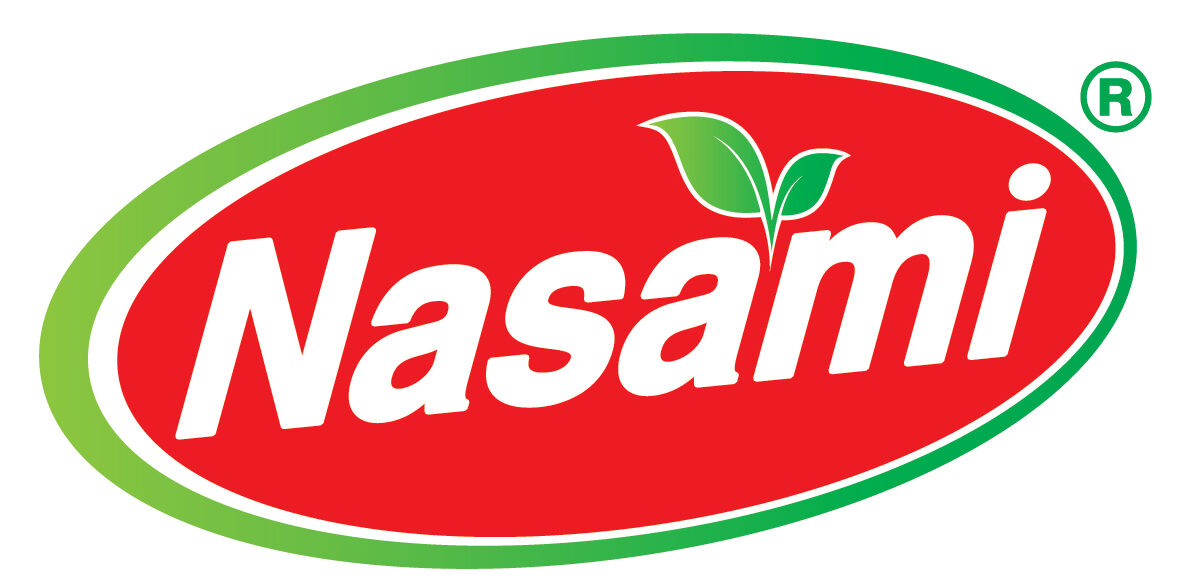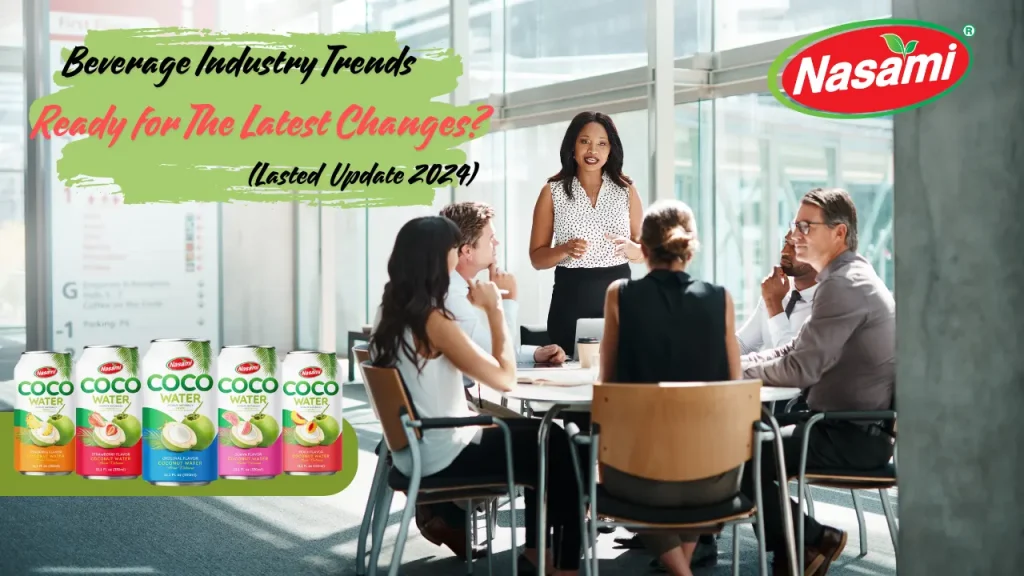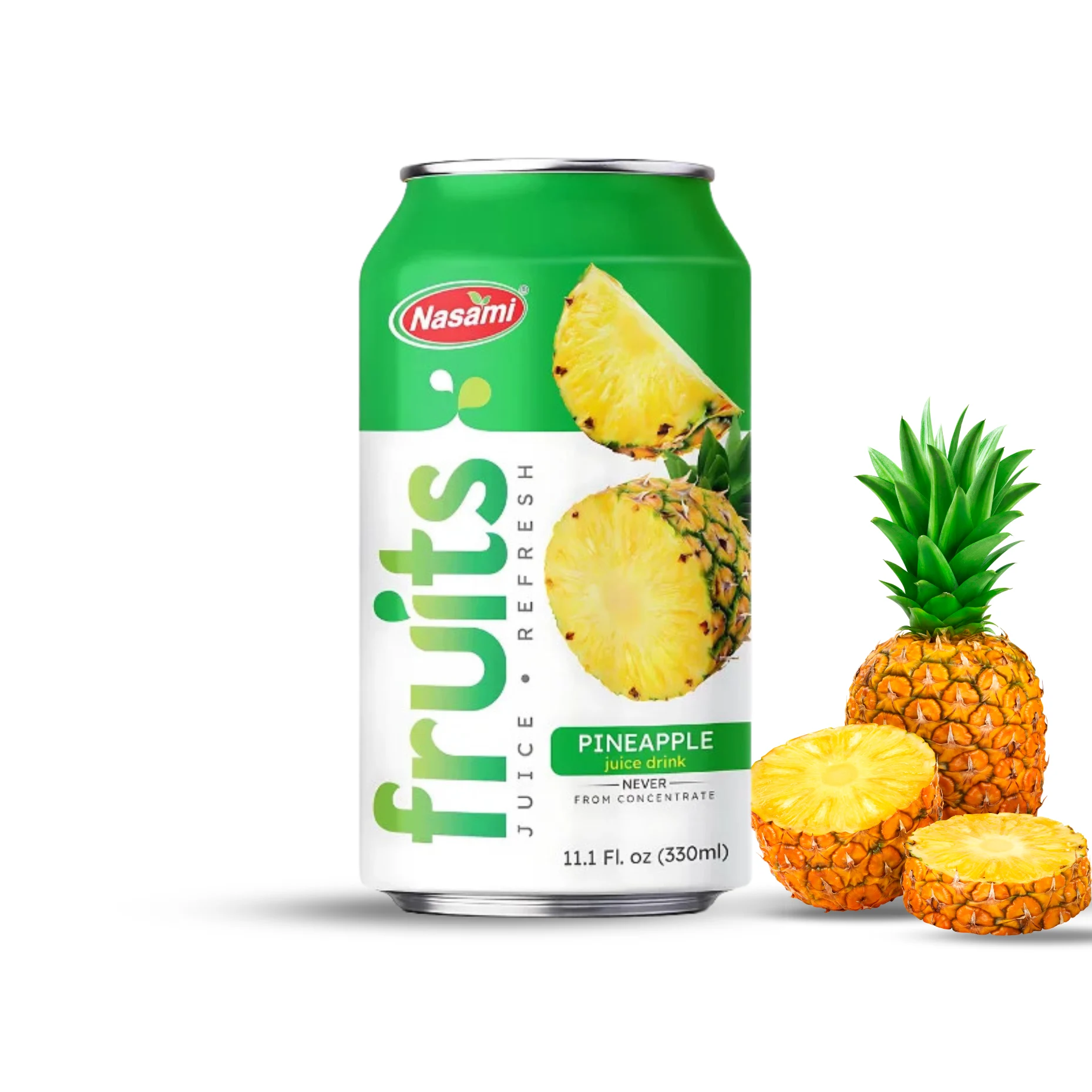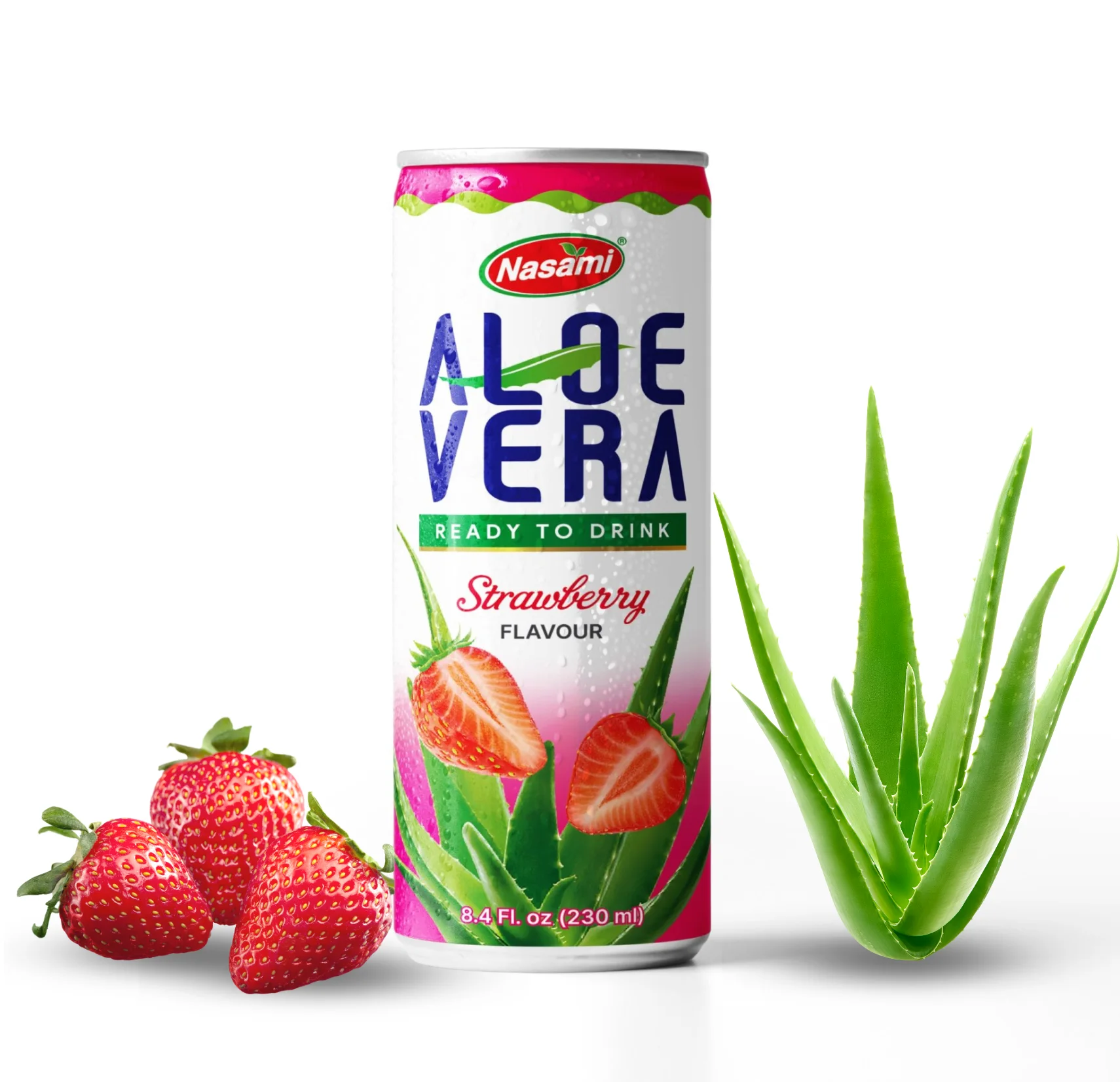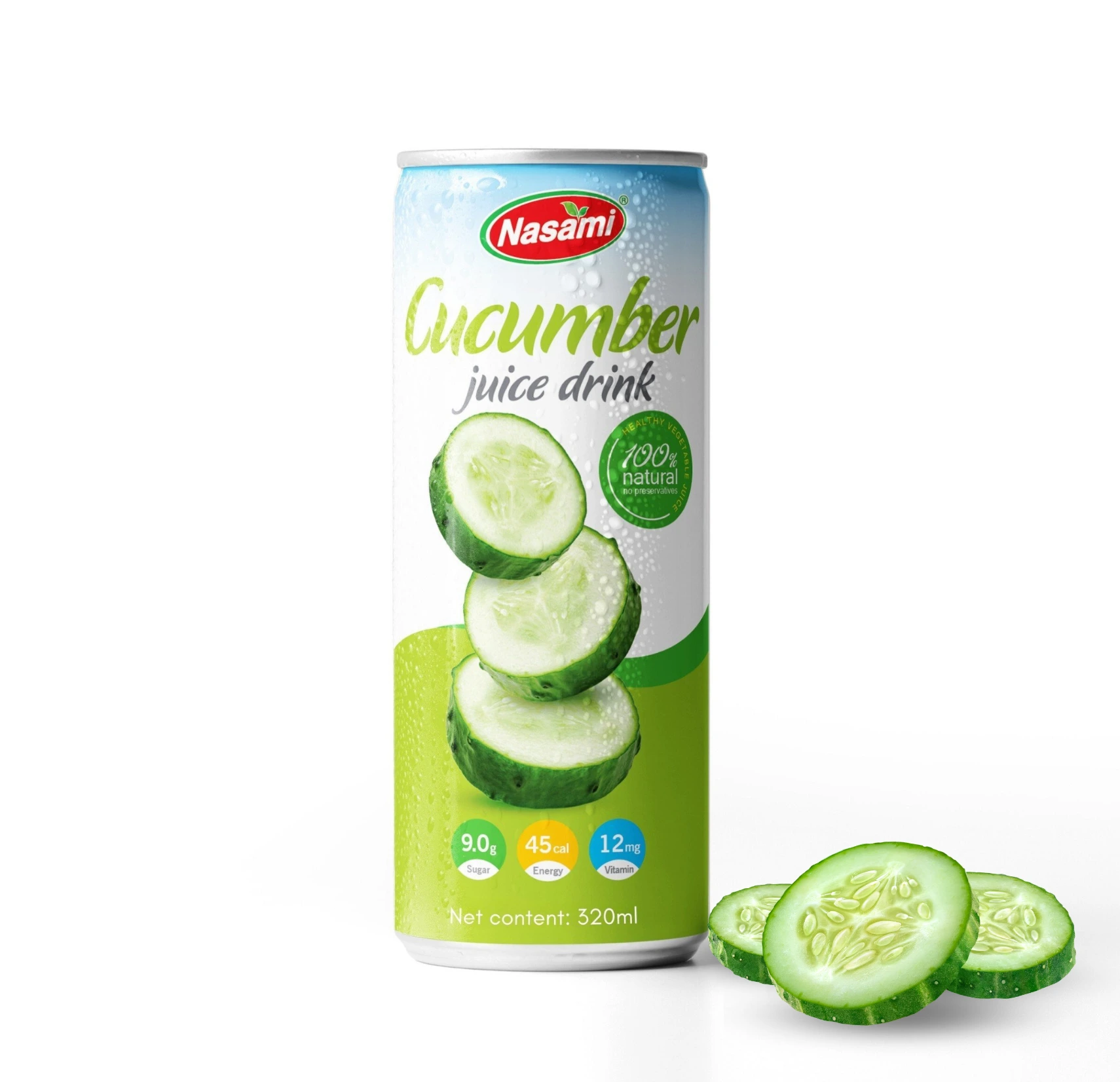Beverage industry trends, Ready for the latest changes? In recent years, the beverage industry has evolved significantly, adapting to changing consumer behaviors, health trends, and global influences. Aligning with Beverage Industry Trends, businesses are focusing on sustainable, healthier, and innovative products. Understanding these trends is key for companies to stay competitive and position themselves in the global market.
Table of Content
ToggleBeverage industry trends, Ready for the latest changes?
Today, the global beverage industry is experiencing substantial transformation across various categories, including non-alcoholic beverages, health-focused drinks, and plant-based alternatives. Some of the most prominent current beverage trends are:
- Sustainable Packaging – Increasing environmental awareness among consumers has driven the push for sustainable packaging. Brands are investing in eco-friendly materials and recyclable containers to reduce environmental impact.
- Health-Conscious Choices – There is a clear shift towards beverages that offer health benefits, such as low-sugar drinks, functional beverages, and plant-based alternatives. These options appeal to consumers who prioritize wellness and seek to minimize artificial additives.
- Ready-to-Drink (RTD) Beverages – The demand for convenience has fueled the popularity of RTD drinks, including coffee, tea, and cocktails. With the busy lifestyles of today, consumers appreciate beverages they can enjoy on the go.
These global trends indicate a shift toward products that reflect the changing preferences and values of consumers worldwide.
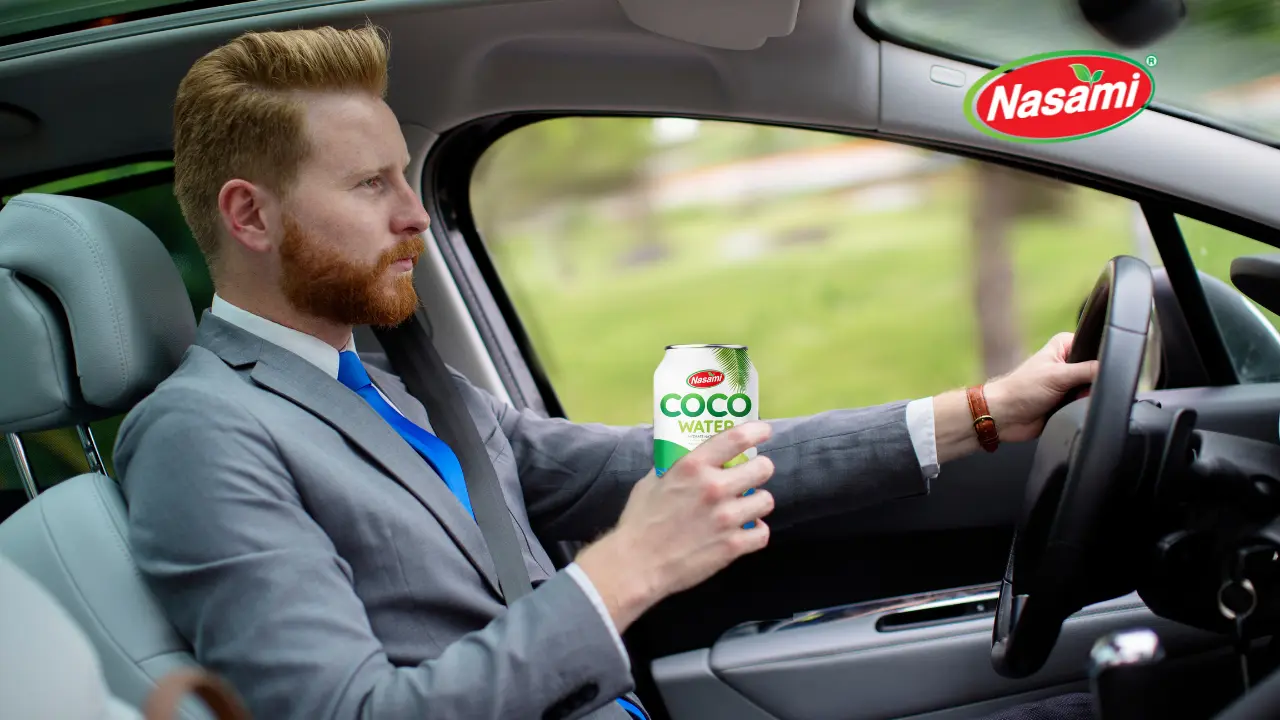
Key Factors Driving Change in the Beverage Industry
The beverage industry’s evolution is largely influenced by various factors. Key elements driving these shifts include:
- Health and Wellness Priorities – A significant driver of beverage industry trends is the global push for healthier lifestyles. Consumers are increasingly avoiding sugary and carbonated drinks, opting for options that align with a balanced diet. Brands focusing on functional beverages like kombucha, enhanced water, and probiotic drinks are gaining traction.
- Technological Advancements – Technology is transforming every industry, including beverages. Innovations in production processes, smart packaging, and digital marketing allow companies to meet market demands more effectively. For instance, AI is helping brands personalize products and understand market preferences more deeply.
- Sustainability Demands – Sustainability remains a major consideration, with brands prioritizing eco-friendly production methods and sustainable sourcing. As environmental awareness grows, so does the consumer expectation for brands to adopt responsible practices. The emphasis on sustainability is shaping the way beverages are produced and packaged, impacting every aspect from raw materials to logistics.
Sustainability Trends in the Beverage Industry
In response to growing environmental awareness, sustainability has become a key focus in beverage industry trends. Companies are adopting eco-friendly practices, such as reducing waste and using sustainable packaging, to meet consumer demands. These trends are reshaping the industry, influencing production and partnerships. Below are some notable sustainability shifts in the beverage sector.
Eco-Friendly Packaging: The Shift Toward Sustainable Materials
One of the most prominent beverage industry trends is the move towards sustainable packaging. Companies are now exploring alternatives to traditional plastic bottles and containers, focusing on biodegradable and recyclable materials. These sustainable materials include plant-based plastics, aluminum cans, and glass bottles, which are less harmful to the environment and are often easier to recycle.
 Aloe Vera Juice
Aloe Vera Juice Juice
Juice Healthy Juice
Healthy Juice
Health and Wellness Trends
As consumers become more health-conscious, Beverage Industry Trends are reshaping the market. The rising demand for healthier options has led companies to offer functional drinks, plant-based choices, and low-calorie alternatives with natural ingredients and clean labels. These trends are driving innovation and transforming how products are marketed globally.
Demand for Functional Beverages: Health Benefits as a Selling Point
The interest in functional beverages—those that provide specific health benefits beyond basic nutrition—is one of the most prominent beverage industry trends today. Products like probiotic drinks, immunity-boosting teas, and energy-enhancing beverages are increasingly popular as consumers seek out options that support physical and mental wellness.
Functional beverages tap into the growing demand for health-related benefits, making these drinks a key selling point in the wellness-focused beverage market. Companies are innovating in this space by incorporating ingredients like vitamins, minerals, antioxidants, and adaptogens, which appeal to consumers looking to improve energy, immunity, and overall health through their beverage choices.
Plant-Based and Natural Ingredients: Meeting Consumer Preferences for Clean Labels
The shift to plant-based and natural ingredients is a key focus within Beverage Industry Trends. Consumers now favor clean-label products with minimal additives, artificial ingredients, and preservatives. To meet this demand, brands are using natural sweeteners, organic fruit extracts, and herbal ingredients to craft healthier, flavorful drinks.
This trend also highlights transparency and sustainability, with consumers seeking to know the source of their ingredients. Plant-based options like almond milk, oat milk, and coconut water are increasingly popular, offering healthier dairy alternatives.

Low-Calorie and Sugar-Free Options: Responding to the Demand for Healthier Alternatives
With increasing awareness of health risks from high sugar intake, demand for low-calorie and sugar-free beverages is rising. Consumers are turning to healthier options that align with Beverage Industry Trends, reducing calories while enjoying great taste. Brands have responded with sugar-free sodas, zero-calorie sparkling waters, and low-calorie juices.
This trend is particularly important for companies targeting health-conscious B2B clients who prioritize products meeting the demand for healthier choices, helping brands reach a broader audience focused on weight management, diabetes prevention, and overall health.
Technological Innovations in Beverage Production
Technological innovations are reshaping the beverage industry, with companies adopting advanced technologies to meet demands for efficiency, quality, and sustainability. From automation in manufacturing to AI-driven personalization and blockchain for traceability, these innovations are enhancing operational efficiency and customer satisfaction, driving key Beverage Industry Trends. Let’s explore the trends shaping change in the industry.
Automation in Manufacturing: Efficiency and Cost Reduction
One of the most significant innovations in the beverage industry is the adoption of automation in manufacturing. Automated systems increase efficiency, reduce labor costs, and improve product consistency by handling tasks like bottling, labeling, and packaging. This trend in Beverage Industry Trends helps companies meet growing demand for high-quality beverages with greater precision.
Automation boosts efficiency, reduces costs, and is essential for beverage manufacturers to stay competitive in a rapidly evolving market.
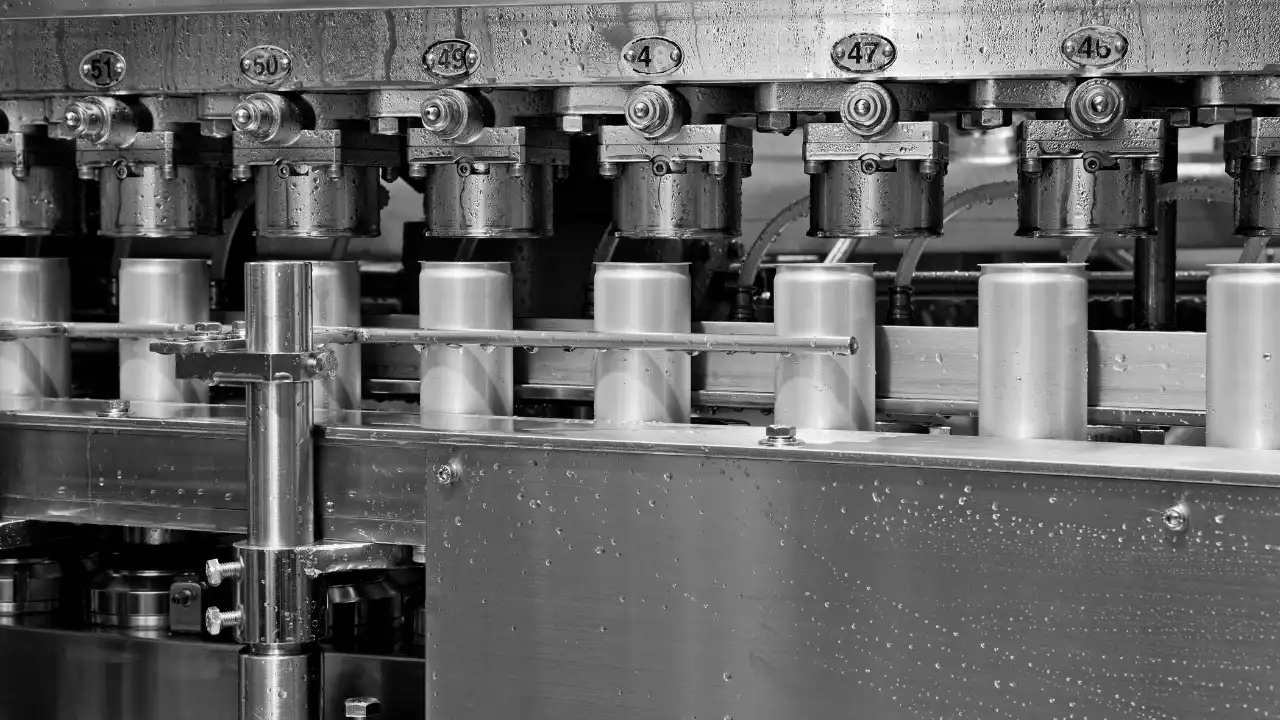
AI and Data Analytics: Personalization in Beverage Offerings
A key technological trend in the beverage industry is the use of AI and data analytics. By analyzing consumer behavior and purchasing patterns, AI helps brands predict trends and personalize products. This is a key aspect of Beverage Industry Trends, allowing companies to adjust offerings in real-time.
AI tools can suggest new flavors or formulations based on market data, helping brands stay ahead of changing tastes and meet consumer demand.
Blockchain for Transparency: Enhanced Traceability for Quality Assurance
Blockchain technology is transforming the beverage industry by improving traceability and ensuring quality. As part of Beverage Industry Trends, it offers transparent supply chains, recording every production step on an immutable ledger. This boosts consumer confidence in product authenticity and safety.
For businesses, blockchain verifies ingredient sustainability and ethical practices, helping companies strengthen B2B partnerships and enhance their brand reputation for quality and transparency.
Evolving Consumer Preferences and Customization
Consumer preferences in the beverage industry are constantly changing, driving brands to explore new ways to cater to individual tastes. Key trends such as the rise of craft beverages, increasing demand for customization, and the growth of digital direct-to-consumer (DTC) sales are reshaping the industry. These trends highlight the growing importance of personalization and unique experiences, offering significant opportunities for brands to stand out.
Rise of Craft Beverages: Opportunities in Small-Batch Production
The growing popularity of craft beverages has created new opportunities in small-batch production within the beverage industry. Consumers are drawn to unique flavors, artisanal quality, and authenticity—qualities associated with craft beverages like specialty beers, artisan sodas, and premium juices. Small-batch production allows brands to experiment with ingredients, seasonal offerings, and limited-edition flavors, aligning with Beverage Industry Trends.
Craft beverages appeal to those who value authenticity and craftsmanship, giving smaller brands a chance to compete with larger companies by focusing on quality. As this trend grows, small-batch production helps meet niche consumer demands and build brand loyalty.
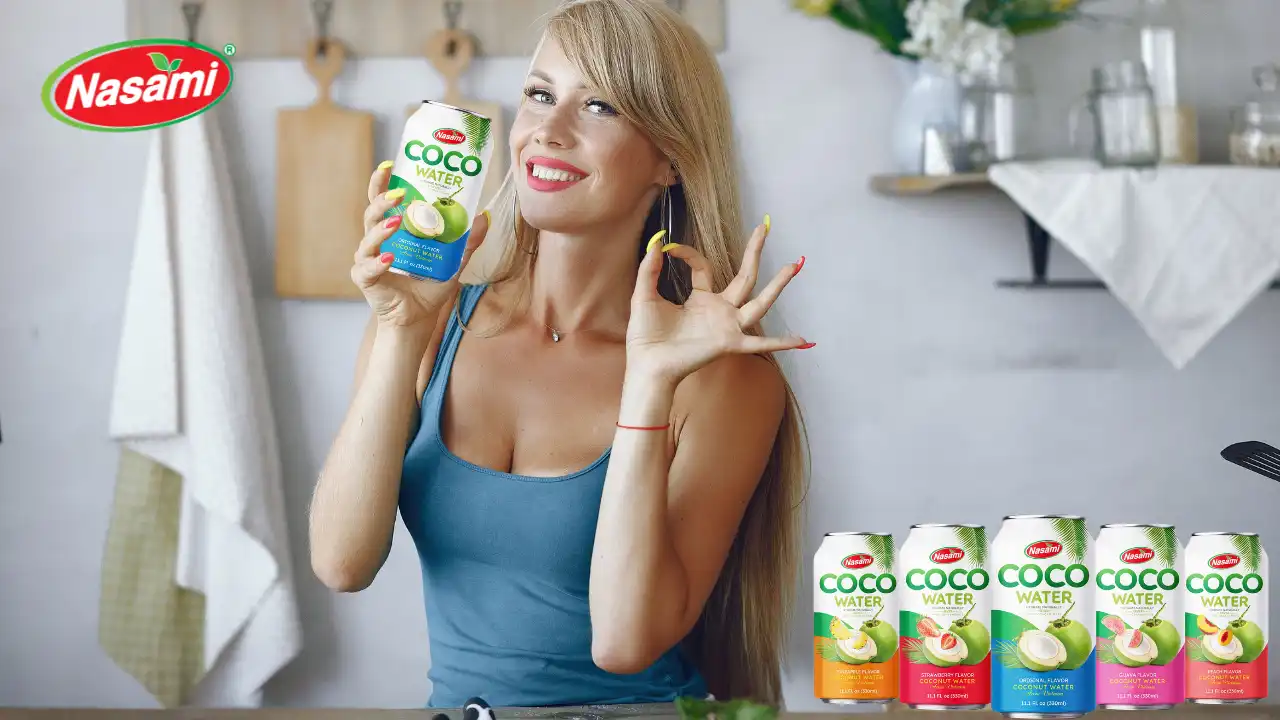
Customized Beverages: Personalized Formulas and Packaging Options
Customization is a key trend in Beverage Industry Trends, as consumers seek drinks that match their personal tastes and lifestyles. Brands offering personalized options, from ingredients to packaging, meet this demand. Customized products like energy drinks or supplement-infused waters enhance the consumer experience, while custom packaging boosts satisfaction and loyalty.
Digital Channels for Direct-to-Consumer (DTC) Sales
Digital platforms are transforming the beverage industry by enabling direct-to-consumer (DTC) sales. This model helps brands bypass retail channels and connect directly with customers, providing valuable insights to respond to Beverage Industry Trends and offer exclusive products. Social media, e-commerce, and personalized apps make it easier for consumers to access customized products. This shift is changing how companies engage with customers and deliver personalized beverage options.
Market Growth in Emerging Regions
The beverage industry is experiencing substantial growth in emerging markets, especially in regions like Asia-Pacific and Latin America. These areas present significant opportunities for expansion due to increasing consumer demand for both global and local beverage options. However, challenges such as regional preferences, competition, and regulatory differences must be navigated effectively for success.
Expansion in Asia-Pacific: Opportunities and Challenges
The Asia-Pacific region is a key growth driver for the global beverage industry. Rising disposable incomes, urbanization, and evolving consumer preferences are fueling the demand for innovative beverages, including functional drinks and plant-based beverages. However, entering this diverse market requires understanding local consumer behavior and adapting to varying taste preferences. Brands need to navigate regulatory environments, local competition, and distribution challenges to succeed in this high-growth region.
Growing Demand in Latin America: Localized Flavors and Regional Trends
In Latin America, there’s a growing demand for beverages that blend global influences with local flavors, such as tropical fruit juices and herbal teas, while aligning with health trends. As part of Beverage Industry Trends, the rise of low-sugar and functional drinks is driving brands to create tailored products. Understanding these trends is key to connecting with consumers, where taste preferences and health-consciousness shape beverage choices.
Influence of Regional Preferences on Global Brands
As emerging markets in Asia-Pacific and Latin America grow, regional preferences are shaping global beverage brands. To stay competitive, international brands must adapt their offerings to local tastes, aligning with Beverage Industry Trends to resonate with consumers.
By introducing local flavors and adjusting packaging and marketing strategies, brands can strengthen their presence in these regions, capturing a larger share of the expanding beverage industry.
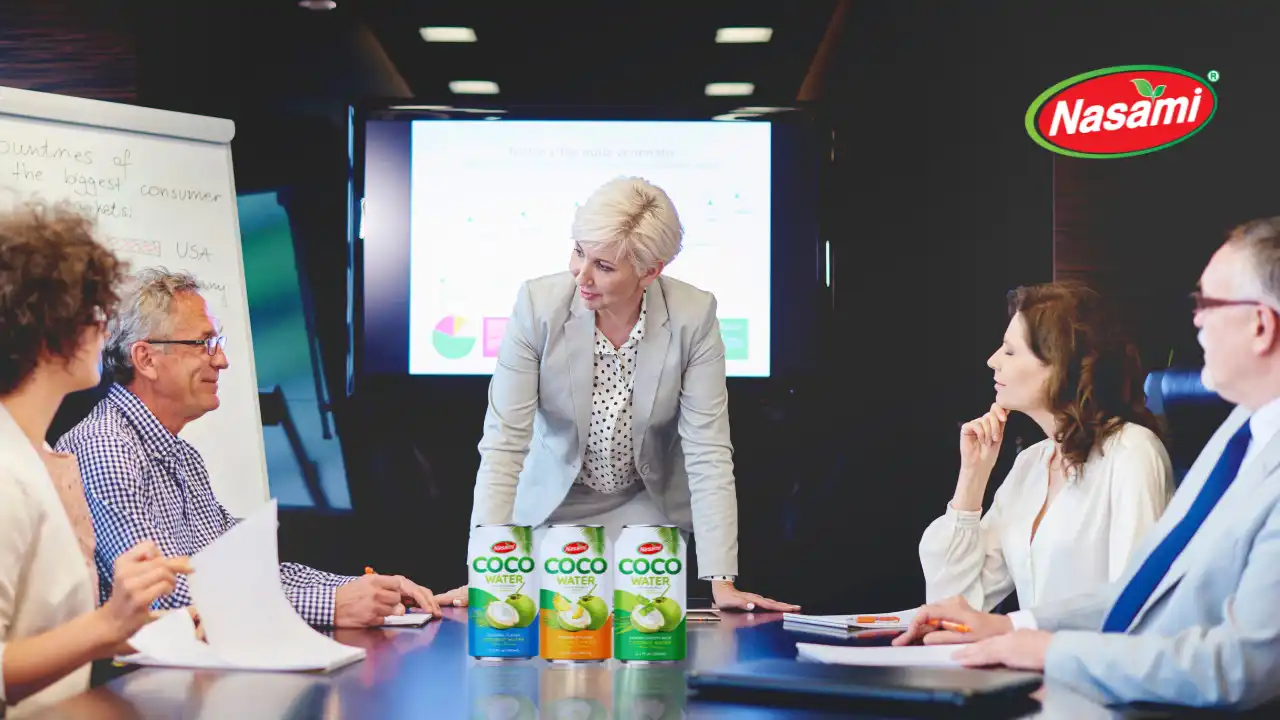
Sourcing and Supply Chain Management
Effective sourcing and supply chain management are critical elements in the evolving beverage industry. As consumer expectations shift towards sustainability, transparency, and ethical practices, beverage brands are adapting their supply chains to meet these demands. Key trends in local sourcing, supply chain resilience, and ethical sourcing are shaping the future of beverage production.
Local Sourcing: Partnerships with Local Suppliers
A growing trend in the beverage industry is local sourcing, where companies partner with regional suppliers to reduce costs, transportation emissions, and environmental impact. This approach also appeals to consumers who value local production and sustainability. By sourcing locally, brands can offer fresher, higher-quality products and support farm-to-table movements, meeting both consumer preferences and sustainability goals.
Supply Chain Transparency and Resilience: Adapting to Global Disruptions
The global beverage industry faces challenges from supply chain disruptions, including natural disasters and geopolitical instability. As a result, supply chain transparency and resilience have become crucial for brands to maintain product availability. Beverage Industry Trends indicate that companies are investing in technologies for better traceability, allowing them to monitor every stage of the supply chain.
Building resilience ensures brands can meet demand during disruptions, while transparency helps build consumer trust, as shoppers are more focused on sustainability and sourcing practices.
Ethical Sourcing: Meeting B2B Expectations for Social Responsibility
Ethical sourcing is increasingly important, as B2B customers demand higher social responsibility from brands. Reflecting Beverage Industry Trends, companies must adopt fair trade practices, respect workers’ rights, and source sustainably. Ethical sourcing boosts brand reputation and is key for securing B2B partnerships and aligning with CSR standards. Brands that prioritize it can build strong, lasting relationships with partners and consumers.
Digital Marketing and E-commerce Trends for B2B
The beverage industry is increasingly embracing digital marketing and e-commerce strategies to stay competitive in the B2B space. With the rise of new technologies and evolving consumer behavior, beverage brands are leveraging e-commerce platforms, social media, and personalized marketing to engage B2B customers and drive sales. These digital marketing trends are revolutionizing how businesses interact with their partners and customers.
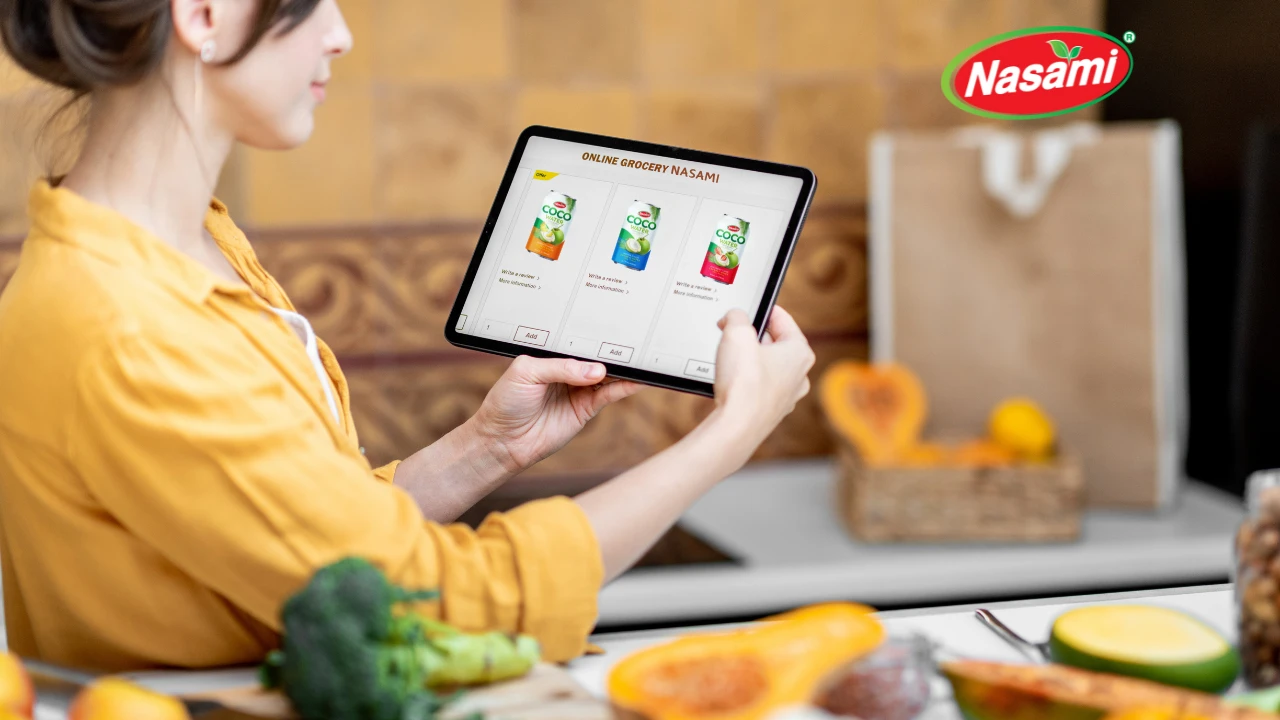
Rise of B2B E-commerce Platforms: New Sales Channels
B2B e-commerce platforms are revolutionizing how beverage companies do business. As more buyers shift to online channels for bulk purchases, brands are expanding their digital presence, offering greater convenience, faster transactions, and a broader reach. These platforms help beverage companies tap into global markets, streamline supply chains, and improve pricing, personalized deals, and service. By enhancing the online ordering experience, brands can attract wholesale customers and stay competitive in a digital marketplace.
Social Media and Influencer Marketing for B2B
Social media and influencer marketing are now crucial for B2B businesses in the beverage industry. Platforms like LinkedIn, Instagram, and Facebook allow brands to engage with potential clients and partners, share product insights, and build personal connections. Collaborating with industry influencers boosts credibility and trust, helping companies strengthen relationships with their B2B audiences, drive sales, and foster long-term partnerships.
Personalized Marketing Strategies in the B2B Beverage Industry
Personalization is a growing trend in B2B marketing within the beverage industry. Brands are tailoring their marketing strategies to meet the unique needs of business customers, through personalized product recommendations, custom packaging, and communication. By using data analytics and customer insights, beverage companies can create targeted campaigns that address the specific needs of their B2B clients, building stronger relationships and fostering loyalty in a competitive market.
Regulatory and Compliance Changes
The beverage industry is facing an increasing number of regulatory and compliance changes that are shaping the way businesses operate. From new health and safety standards to evolving environmental regulations, beverage companies must stay ahead of these changes to ensure compliance while maintaining product quality and efficiency.
New Health and Safety Regulations: Impact on Production and Packaging
As consumer health concerns grow, governments are enforcing stricter regulations in the beverage industry. These Beverage Industry Trends affect ingredients, production processes, and packaging materials. Companies must comply with local and international standards to ensure product safety, which may involve new labeling, ingredient updates, and changes in packaging or sourcing.
Environmental Regulations: Compliance with Local and International Standards
Environmental regulations are becoming more important as sustainability rises in the beverage industry. To align with Beverage Industry Trends, companies must meet local and international standards to reduce carbon emissions, minimize waste, and ensure sustainable sourcing. This includes eco-friendly packaging, reducing water usage, and transitioning to renewable energy. Staying ahead of these regulations boosts compliance, strengthens brand reputation, and meets consumer demand for sustainable products.
 Aloe Vera Juice
Aloe Vera Juice Juice
Juice Healthy Juice
Healthy Juice
Regulations Affecting Import/Export: Adapting to Regional Restrictions
The beverage industry also faces a complex landscape of import and export regulations that vary by region. Tariffs, quotas, and trade restrictions can impact companies that rely on global supply chains. In some regions, additional health, safety, and environmental standards may apply to imported or exported beverages, and these rules often change. Beverage companies must stay informed and adapt to these evolving regulations to avoid delays and disruptions in their supply chain while managing costs effectively.
The Beverage Industry: Current Trends and Future Outlook
The beverage industry is evolving rapidly due to shifting consumer preferences, technological advancements, regulatory changes, and global market dynamics. As sustainability, health, and wellness continue to drive innovation, beverage businesses must adapt to the changing demands of B2B customers. Key trends such as functional beverages, eco-friendly packaging, and the rise of e-commerce are reshaping the industry and creating new growth opportunities.
Key Trends Impacting the Beverage Industry
Sustainability trends are pushing brands to use eco-friendly materials, reduce waste, and prioritize ethical sourcing. Health-conscious consumers are driving demand for functional, plant-based beverages, while technology enhances production efficiency and personalization. Beverage Industry Trends are expanding sales channels through B2B e-commerce and social media marketing, shifting the focus to digital strategies.
Regulatory changes require businesses to adapt to health, safety, and environmental standards. As global markets, especially in Asia-Pacific and Latin America, grow, beverage companies face both challenges and opportunities in catering to diverse regional preferences.
Get information about all products of Nasami Beverages.
Future Outlook: Opportunities and Anticipated Changes
The beverage industry is evolving, with Beverage Industry Trends driving sustainability, eco-friendly packaging, and personalized beverages. AI solutions will cater to the growing demand for customization.
Emerging markets in Asia-Pacific and Latin America present significant growth, as health-conscious consumers seek locally relevant and sustainable products.
Digital channels will remain vital for B2B companies, using e-commerce, social media, and personalized marketing to expand reach and strengthen client relationships. The future looks bright for beverage companies that stay ahead of trends and adapt to evolving markets.
